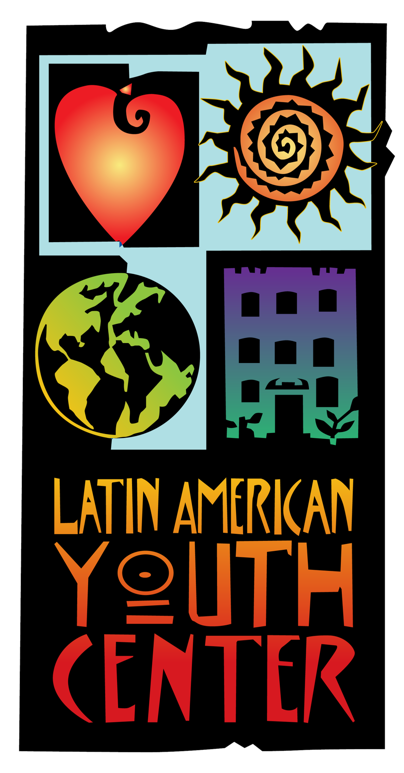A Response to Challenging Times
I migrated from El Salvador in the 1980’s and quickly started to learn about the racial divide among blacks and whites that existed in America. I was in high school when Rodney King was violently beaten by LAPD police due to a speeding violation in 1991, and “police brutality and race relations became center stage.” The officers were not held accountable. In 1991, the Mt. Pleasant riot took place in DC after a police officer shot a Salvadoran man; coming at the heels of the police brutality with Rodney King.
As a high school student, I was disturbed as I listened to my black male classmates discuss being stopped by the police, feeling concern and anger at the injustice that they faced in their lives. As an immigrant learning the history of this country, I could not understand then and, a decade later, cannot understand the racial hatred and abuse of power that has been exhibited towards the black community by those in positions of authority. The reality is that structural systems have developed and persisted that neglect our communities of color and negative narratives that have been created to undermine the strength of these communities.
The hope that I have held onto is that our work at LAYC can help influence the next generation of leaders by creating opportunities and spaces to help our young people be empowered to realize a better future.
Truthfully, the last few months have been overwhelming as the pandemic has highlighted existing health disparities of communities of color. We have witnessed our African American, Latinx, and poverty-stricken communities disproportionately dying from COVID-19.
I personally wrestled with how to manage responding to the growing needs of our communities while keeping our staff and youth safe. I have seen firsthand our communities struggling for basic needs such as food, shelter, and healthcare access, and how they are left to fend for themselves. These events have made it all the more evident how our failed structural systems leave no options for those that do not have resources, and continue to create a divide between the have and have nots. This scenario leaves non-profits like LAYC to, in many ways, serve as first responders in our community as we address the needs of those left behind.
As if dealing with a pandemic for our communities was not enough, racist violence is being displayed at a time where there is a need for humanity to care for one another. The violence we have witnessed violence in the killing of Ahmaud Arbery and the recent death of George Floyd have been too much to bear. Trust has been broken in our communities that have been left out for a long time. The rule of law continues to be applied to some individuals but not others; such is the case once again in the death of George Floyd. Where is the justice? If it were not for the videos and social media we would not know of these hideous acts of violence. To add further insult to injury, even with the videos, arrests of perpetrators have been slow or, worse yet, would not have happened, and that is unacceptable.
We are all intricately connected; if our black brothers and sisters are hurting, it impacts all of us. Racism is not an issue only for African Americans, but an issue for all Americans and future generations. I support the peaceful protests. I do not condone the violence and looting, but I understand the deep level of frustration motivating people to make a statement that must be heard and can no longer be ignored. The responsibility to stand up for injustice is upon all of us. Conversations can start in our homes, within our circles of friends, in the communities that we belong to, and in our workplace when we condemn racist behavior.
I understand emotions are high and there is so much to process. In the midst of these injustices, it is challenging to stay focused as the ongoing violence has been difficult to witness and exhausting, especially in the absence of justice. Unfortunately, there is no quick fix to these extraordinary challenges, as racial injustice is written into the fabric of our national culture.
During this challenging time, we must continue to work together to be a source of light, to bring about healing and connection, and to be there for each other and our communities, channeling our anger and frustrations to foster good.
With that said, we, as the LAYC community, can do our part by championing and continuing to support our youth, one child and family at a time.
Lupi Quinteros-Grady,
LAYC President & CEO


